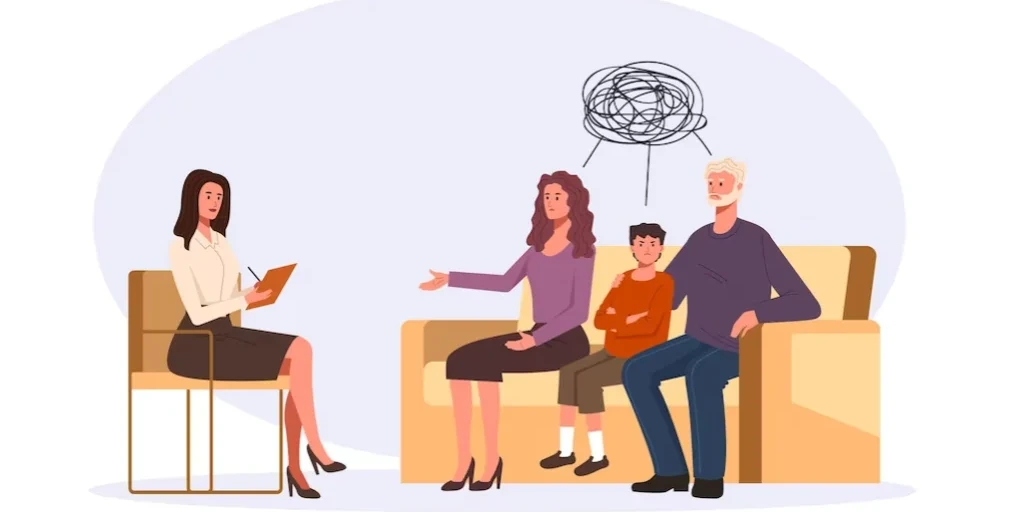24/7 Helpline:
(866) 899-221924/7 Helpline:
(866) 899-2219
Learn more about PTSD Treatment centers in Union Grove

Other Insurance Options

American Behavioral

PHCS Network

Self-pay options

EmblemHealth

Carleon

WellPoint

Regence

Excellus

Amerigroup

Medical Mutual of Ohio
Beacon

UnitedHealth Group

Holman Group

Ceridian

Private insurance

Health Choice

Multiplan

Horizon Healthcare Service

Highmark

MVP Healthcare











